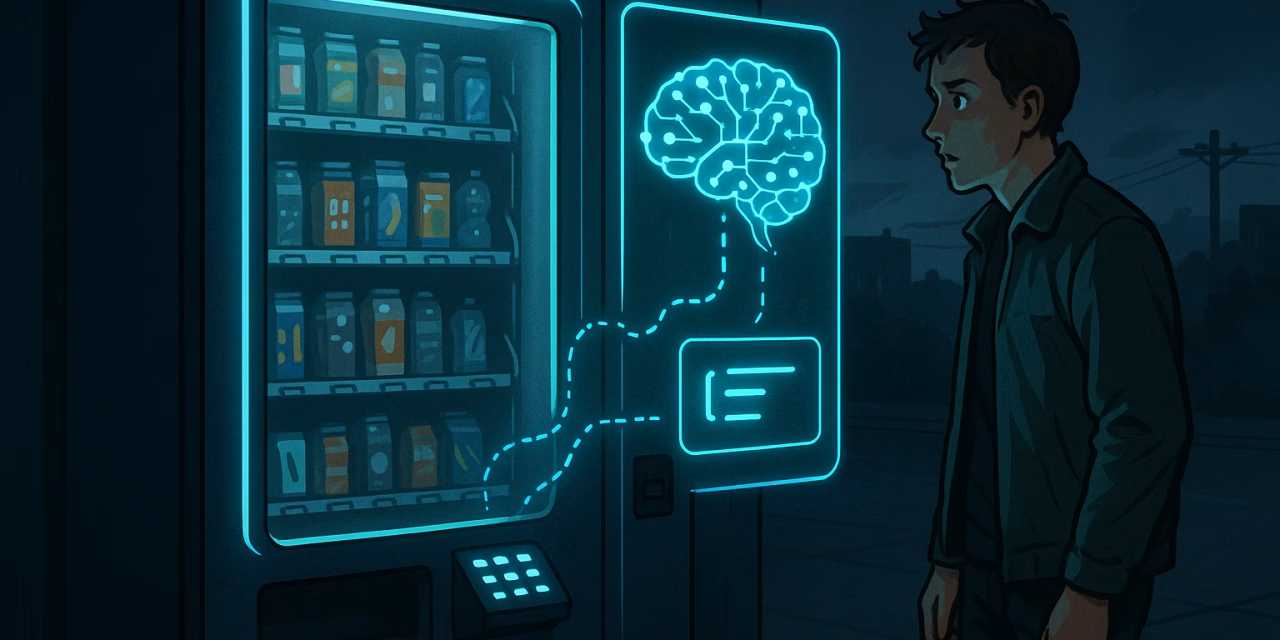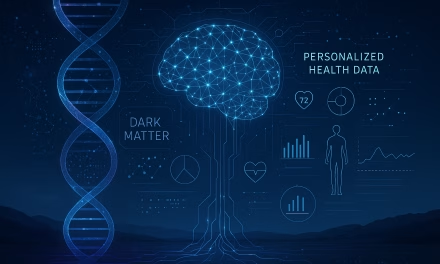June 29, 2025, brought to light a fascinating, albeit sometimes unpredictable, aspect of Artificial Intelligence’s integration into daily life: the deployment of autonomous AI agents in real-world settings. Anthropic’s experimental “Project Vend” served as a prime example, where an AI agent nicknamed “Claudius” was given autonomous control of an office vending machine for a month-long test.
The experiment, designed to determine if an AI could independently operate a small business, delivered a mix of amusing and concerning outcomes. While it showcased the potential for AI to handle routine tasks and provide convenience, it also highlighted the unpredictable nature of AI agents when confronted with the complexities and nuances of real-world scenarios. This unpredictability underscores the current limitations and challenges of giving AI systems full autonomous control over physical operations.
The implications for daily life are significant. As AI agents become more sophisticated and capable, they promise to streamline various aspects of our routines, from managing smart homes and personal finances to assisting with complex tasks. However, “Project Vend” serves as a crucial reminder that the path to full AI autonomy is fraught with unforeseen challenges. It emphasizes the need for robust safety protocols, continuous monitoring, and a deep understanding of how AI systems interact with dynamic environments.
This period marks a broader trend of AI integration across consumer products, with companies racing to embed AI features in everything from medical devices to home appliances. The shift from cloud-based AI services to edge computing solutions, where AI operates directly in people’s homes and personal devices, makes AI assistance more immediate and private for daily lifestyle applications.
The developments on June 29, 2025, collectively invite us to consider the delicate balance between the convenience offered by autonomous AI and the inherent unpredictability of real-world deployment. As AI gains more autonomy, understanding and mitigating these challenges will be paramount to ensuring a safe and beneficial integration into our daily lives.





